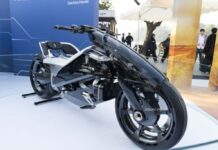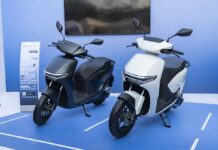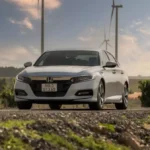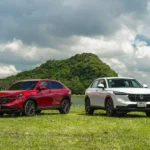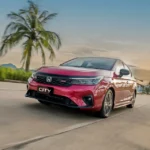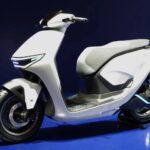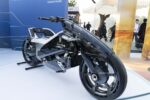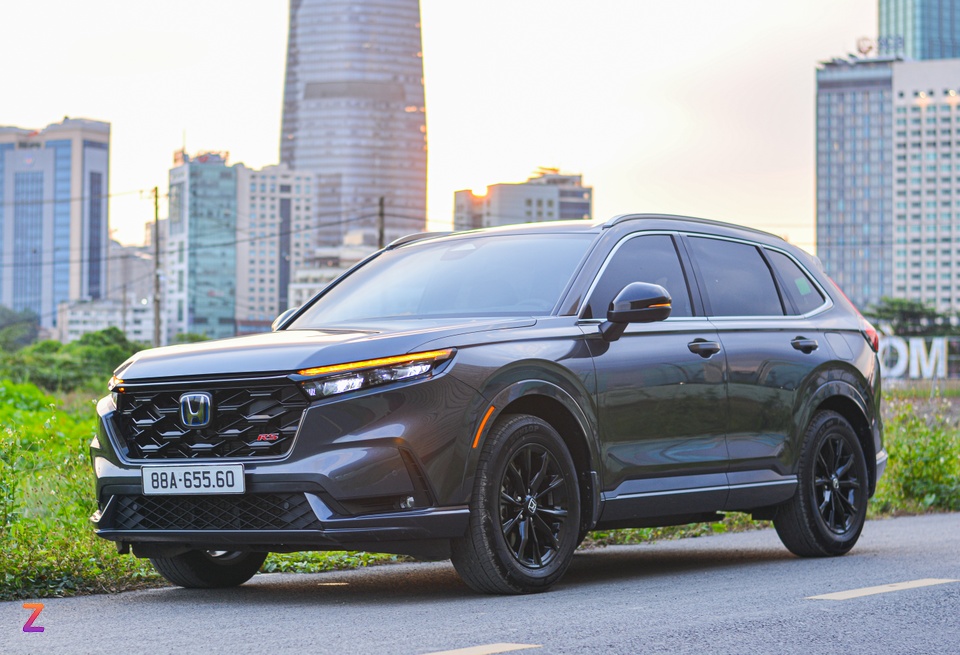
|
According to Bangkok Post, Honda is planning to cease automobile production at its Ayutthaya plant in Thailand from 2025 onwards. The Japanese automaker also intends to consolidate its operations at this facility with another factory it operates in Prachin Buri province.
Closing a Factory in Thailand
Bangkok Post highlights that Honda’s latest move reflects the challenges it currently faces in the Thai market. The leading automobile market in Southeast Asia is witnessing intense competition from Chinese brands vying for market share, while Thai consumers’ demand for electric vehicles is also on the rise.
Speaking about their plans for the Ayutthaya plant, a Honda spokesperson stated that they would temporarily produce auto parts there before completely halting the production line next year.
|
|
|
Honda announces the closure of an automobile manufacturing plant in Thailand. Image: Kyodo News |
Per Bangkok Post, the combined annual automobile output at Honda’s two Thai factories decreased from 228,000 units in 2019 to 150,000 units per year between 2020 and 2023.
Honda’s business performance in the Thai automobile market has been less than favorable, with sales consistently falling below the 100,000-unit mark annually from 2020 to 2023.
The company representative explained that the consolidation of operations between the two factories is expected to narrow the gap between production volume and sales figures in Thailand.
Not only do the Honda Thailand factories serve the domestic market, but the exported vehicles are also shipped to various Southeast Asian countries, including Indonesia, the Philippines, and Vietnam. Honda stated that they currently have no plans for new investments in Thailand.
Last week, BYD officially inaugurated its pure electric vehicle manufacturing plant in Thailand. This first automobile production base in Southeast Asia is part of BYD’s planned investment of over $44 billion in the country.
Uncertainty for Models Imported from Thailand
Among the current lineup of Honda Vietnam, models including the Honda HR-V, Honda Civic, Honda Accord, and Honda CR-V e:HEV RS are directly imported from Thailand.
At this time, Honda Vietnam has not released any information regarding the future of these imported models from Thailand.
As of the end of May, the Honda HR-V is temporarily the second best-selling car for the Honda brand in Vietnam, with 2,197 units sold, second only to the Honda City (2,873 units). The hybrid version of the Honda CR-V sold 415 units, the Honda Civic achieved sales of 656 units, and the Honda Accord found 40 buyers during the same period.
|
|
|
The Honda Civic is one of the models imported from Thailand by Honda. Image: Boi Ha |
Following in the footsteps of Subaru and Suzuki, two other Japanese automakers that recently announced their plans to shut down car manufacturing plants in Thailand, Honda’s decision underscores the evolving landscape of the automotive industry in Southeast Asia.
Subaru will gradually phase out car assembly in Thailand, with a complete halt by 2025. From then on, markets that currently consume Subaru cars assembled in Thailand, including Thailand, Vietnam, Malaysia, and Cambodia, will switch to a business model of importing fully-built cars from Japan.
Meanwhile, Suzuki confirmed that it would cease the production of automobiles and trucks at its Thai plant by the end of 2025 to focus its resources on electric and hybrid vehicles at a different location. Vietnam Suzuki used to import the Suzuki Ciaz and Suzuki Swift from Thailand for distribution in Vietnam. However, at the moment, the Suzuki Ciaz has been temporarily removed from the Suzuki car lineup in the Vietnamese market.
Recommended Reads for Your Journey
Our Automotive section offers a diverse range of engaging book titles to accompany you on your travels. Whether you’re on a short commute or a long road trip, these books will keep you entertained and informed.
Electric Revolution: Honda Unveils its New E-Scooter, a Fusion of the Honda Lead and SH Styles
Honda Motor is set to unveil an all-new electric motorcycle by the end of this year, following the launch of the EM1 e: and EM1 e: Plus. This highly anticipated reveal will showcase Honda’s innovative approach to electric mobility and sustainable transportation. With a focus on delivering an exceptional riding experience, this new electric motorcycle promises to offer cutting-edge technology, impressive performance, and a sleek, modern design. Stay tuned for more exciting details as Honda continues to push the boundaries of electric vehicle innovation.


